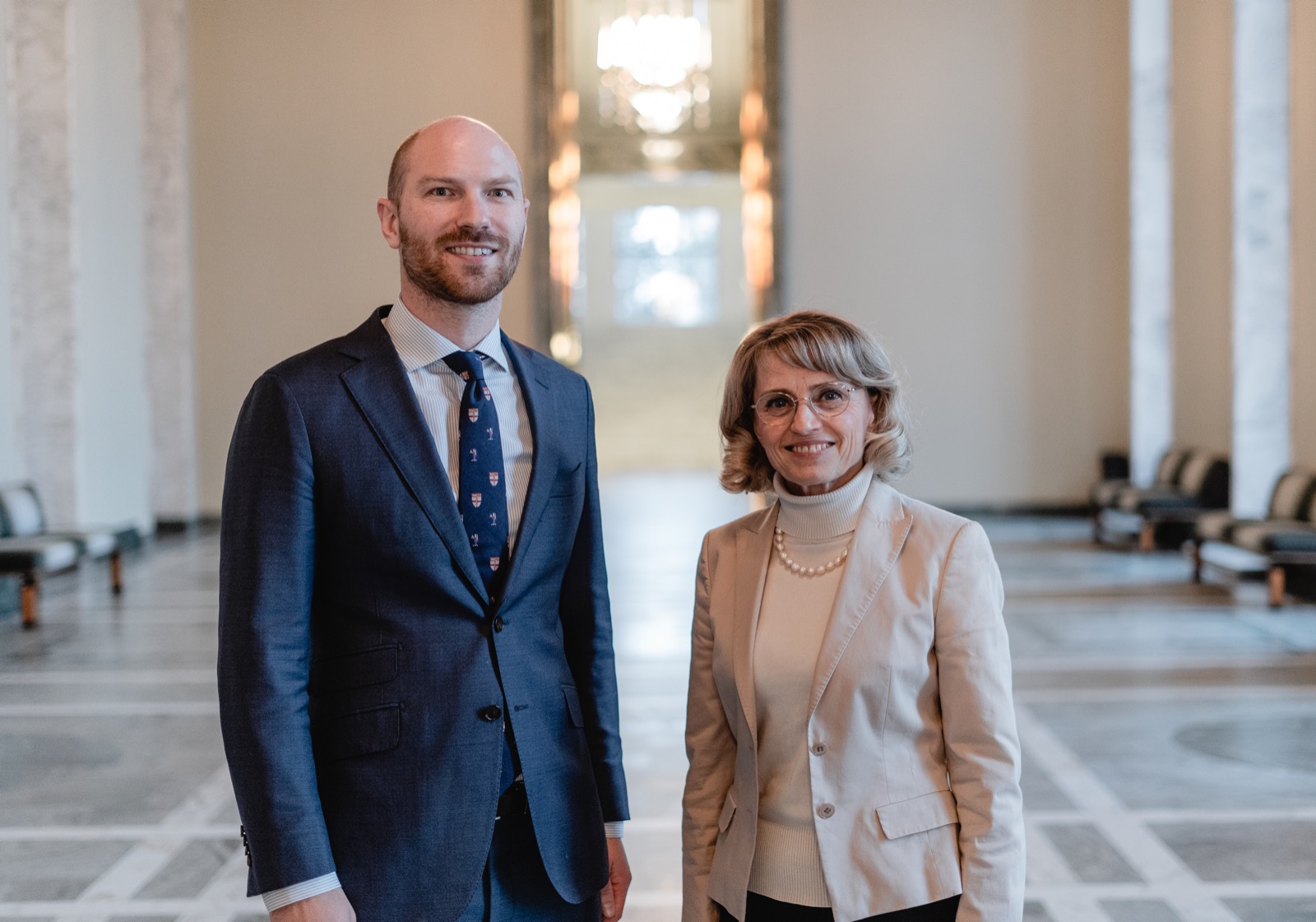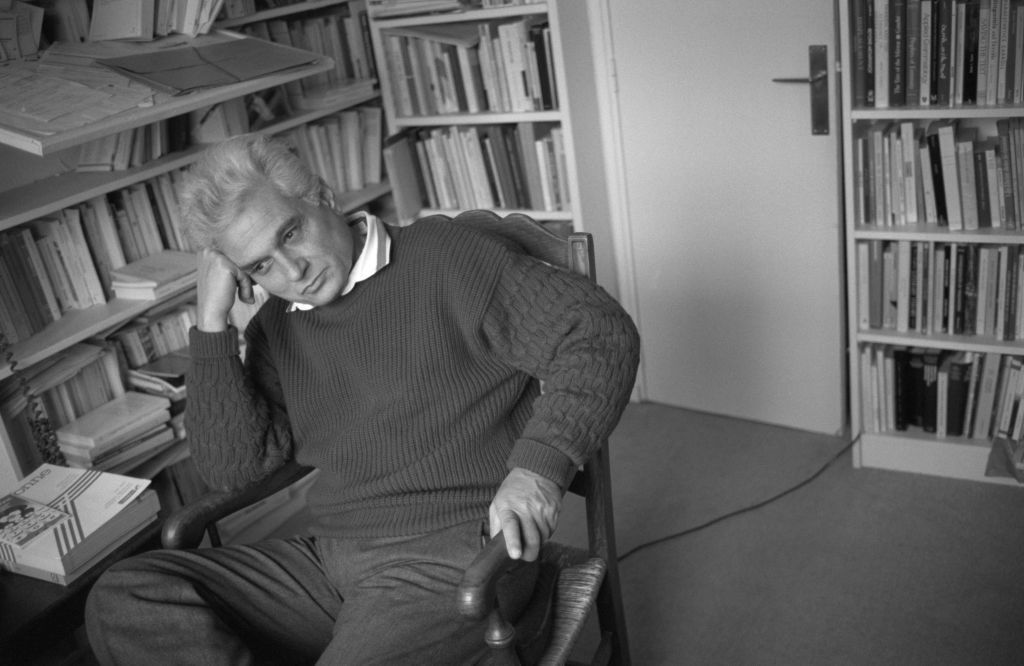I ran into a large gathering of merry Flemings having a street party not far from the European Quarter, the heart of the EU’s machinery of power in Brussels.
It was July 11 so they were celebrating the Battle of the Golden Spurs, when the rebellious and largely untrained forces of the County of Flanders inflicted a disastrous defeat on the professional royal army of France all the way back in 1302.
It proved a crucial turning point that checked the growth of French control over the area. The name of the battle comes from all the pairs of spurs collected from the fallen French cavalry knights on the battlefield and that were triumphantly hung up on the walls of the abbey church of Courtrai.
Despite the passage of time, the event means a lot to Flemings — “For us, it’s what the battle of Agincourt means to the English,” one street-side celebrant told me — and hence every July 11 is an officially recognised Belgian regional holiday.
Both the battle, which stopped the expansionist policies of another country, and the pride that contemporary Flemings still take in it, speak to one of the major issues and debates at the heart of the EU’s future: enlargement versus deepening of what the current 27-member-state bloc is and means.
The so-called “enlargement” of the EU involves adding more member-state countries with a more devolved polity, whereas “deepening” refers to am increasingly federally controlled bloc in which powers are more centralised.
The likes of France and Germany are proponents of a federalised Europe, while some Central and Eastern European countries like Hungary want nothing of the sort due to concerns about curtailment of sovereignty (the UK was for enlargement, and the push for deepening the EU was a big factor that drove Brexit). Increasingly the European Commission seems set on achieving both at the same time — adding to the number of member states while centralising more control.
Too often, it appears, EU politicians miss the wood for the trees in their endeavour to allegedly defend and strengthen Europe. Nations with their separate histories and idiosyncrasies should be celebrated, as opposed to pushing a bland, cookie-cutter approach that lumps everyone together.
The latter simply does not work. Ask the Irish, still, after 800 years, pursuing a unified island of Ireland; I am not saying that a simplistic approach has been applied to the complex Northern Ireland situation, though the UK’s current Conservative government has been equally complacent about respecting and engaging with realities. My point is more about the passions and even existential importance for people in resolving these issues of nationhood and national identity.
And ask the Flemings, many of whom want an independent Flanders separated from the rest of Belgium.
The ebullient street party was greatly helped by the flow of free beer supplied by politicians with the Right-wing nationalist parties Vlaams Belang and the New Flemish Alliance. Around the country, many Flemings were also drinking a free can of Gouden Leeuw— “Golden Lion” — beer sent by Vlaams Belang to mark the Day of the Flemish Community celebrations.
The beer would appear to be named after Flander’s regional flag that depicts a lion on a gold background. A free can was sent to the home addresses of everyone who ordered a free Flemish flag from the Vlaams Belang party in the run-up to the July 11 celebrations.
There was more going on here than simply a PR move by Vlaams Belang. Identity was clearly at stake. Flanders and the Flemish people have long been tussling for political dominance in Belgium with the French-speaking region of Wallonia, which traditionally has been seen as wielding more political power.
Furthermore, Flanders, which has become wealthier than Wallonia, tends to support Right-leaning parties such as Vlaams Belang and the New Flemish Alliance, while the French-speaking region remains aligned with the Left.
Belgium is famously dysfunctional politically due to its split identity. On more than one occasion it has been without a national government for 500 days or more due to political wrangling post elections.
If a small country like Belgium has that much nationalism and conflicting interests swirling within it, it doesn’t take much imagination to envision how that scales up when dealing with the 27 members states of the EU. Each country brings its own history, its own priorities, interests and talismans that speak to its people.
As another Fleming explained to me in enthusiastic terms, Europe has an astonishing history and story that should be celebrated and appreciated. But, he added, this is rarely discussed, especially by the EU’s political class. Instead, there is talk of “equity” and “diversity” along with other proclaimed values and the need to tackle racism and xenophobia. All this is doing, he argued, is ripping societies apart, as he found in Paris when he worked there.
Ignoring Europe’s complexity does not work. Eventually it leads to resentment and frustrations, usually accompanied by a political swing to the Right, as seen in Flanders and in various countries around the EU now. Spain appears about to experience this in its immanent election. How far that EU-wide swing goes is of great relevance for the forthcoming EU elections in 2024.
The will power and primacies of ordinary people should not be underestimated by those further up the social ladder and who might think they know better. Pride in place and devotion to your land and people is a powerful motivator — as those French knights and their golden spurs learned the hard way in 1302.






Elon Musk, George Orwell, and the abuse of language: what the tech billionaire can learn about the cisgender wars from the novelist’s essay